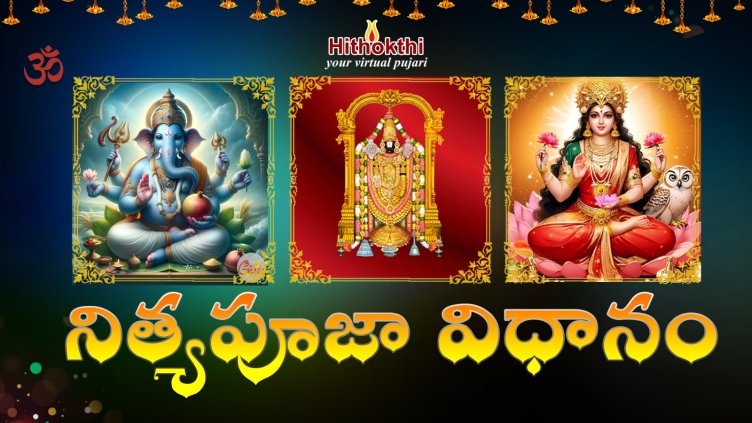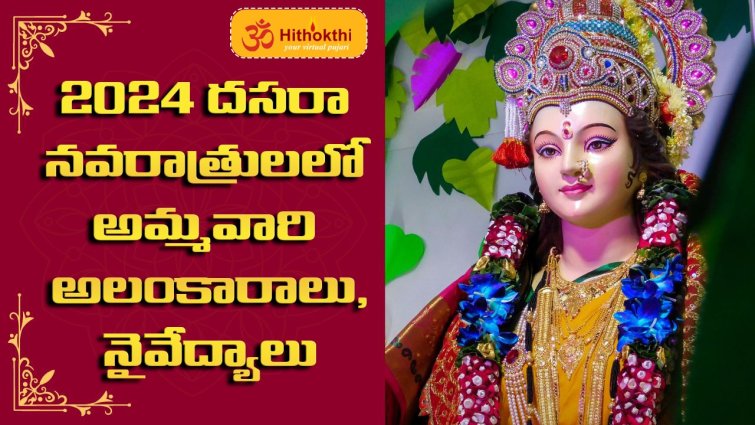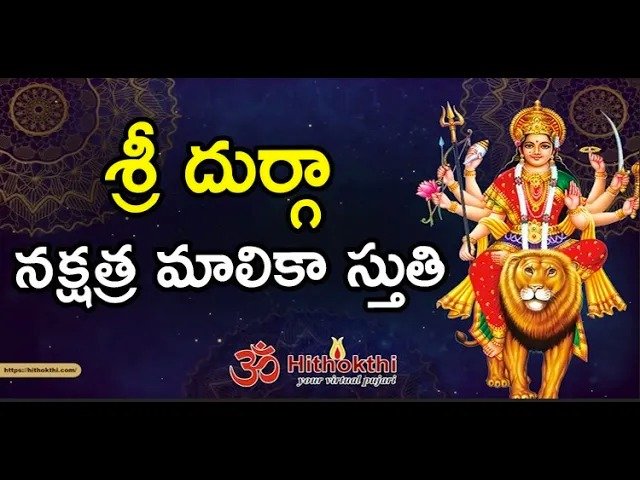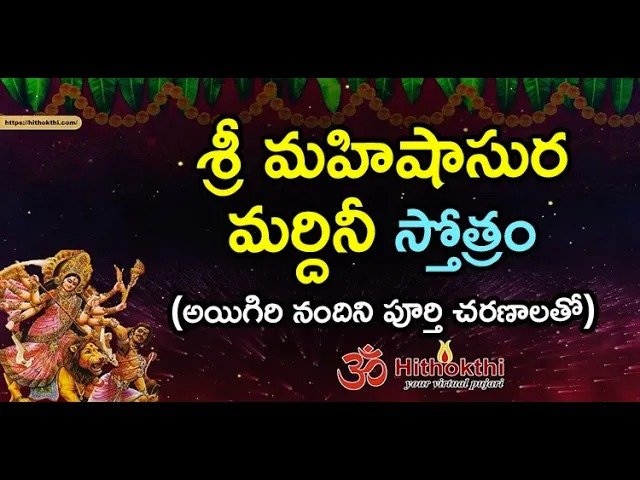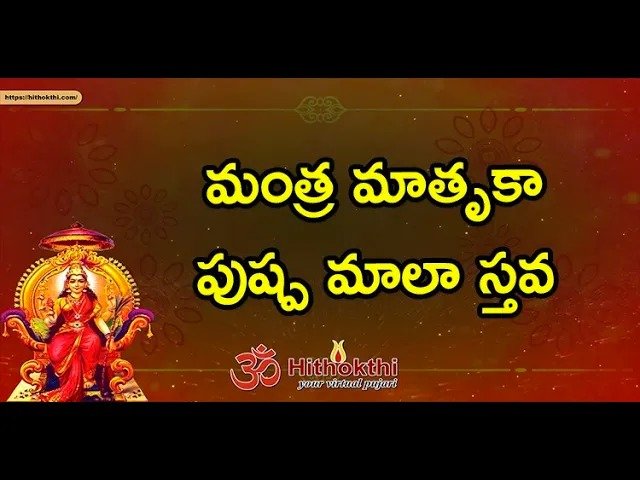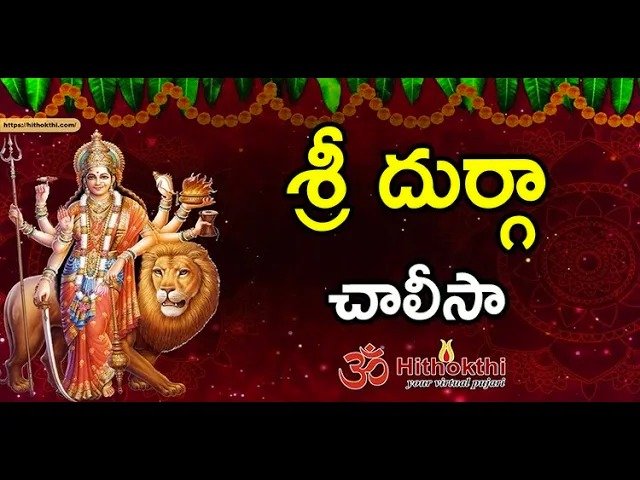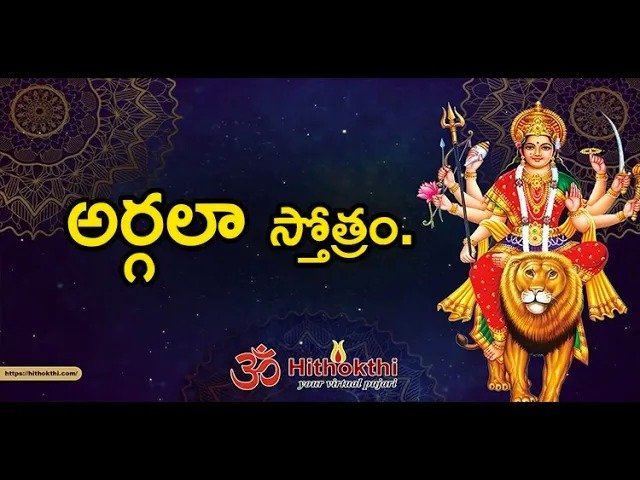Tatva Jnana
Chennai, September 14, 2013: Though worldly goals are most sought after, these are elusive in nature. The ultimate goal to be attained is the knowledge of Truth — Tatva Jnana. The Upanishads reiterate that enlightenment is the highest Purushartha, leading to salvation. The Chandogya Upanishad teaches the path to Brahma Jnana and stresses the role of the mind in the act of realisation, pointed out Sri Mani Dravid Sastrigal in a lecture. It comprises eight chapters with the first five teaching the Upasanas or practices for Brahma Jnana and the last three the fruits of Upasana which is gaining Tatva Jnana.
Any activity, be it physical or mental, is carried out well if the mind is fully involved in it. It goes without saying that total coordination of the mind should be ensured when one tries to imbibe subtle truths. Enhanced levels of discipline and concentration are a must during a rigorous search for the Atma.
By nature, the mind is hyperactive and keeps flitting from one thought to another with extraordinary deftness. It influences the individual’s emotional state, causing a sense of joy or sorrow governed by one’s likes and dislikes. Such disturbances are definite hurdles faced by one seeking the truth of the Atma. It is indeed a great challenge for the seeker to gain control over the mind and direct it to meditate on the inner Self. This Upanishad teaches the various Upasanas to guide the mind develop ‘ekagrata’ or one-pointedness to bring it under control, meditation being shown as the crux of Upasana.
One has to dwell on the Atma and search for its roots. “From where does the Atma come? What is its essence? Where does it go?” During the quest, the differences that are manifest in the universe lead us to believe in each one’s individuality, giving rise to feelings of “You, Yours, Me, Mine and I.” It is to be realised that all beings are held within the Supreme Brahman. To attain this realisation through meditation, the Upanishad emphasises that the mind is to be tethered to Pranava or Omkara. Om, the prefix to Vedic chants, is not just a syllable but a symbol representing the very Supreme Brahman. Not just a prefix but a hand-hold to lead one to the Ultimate.
Source: The Hindu, September 14, 2013

